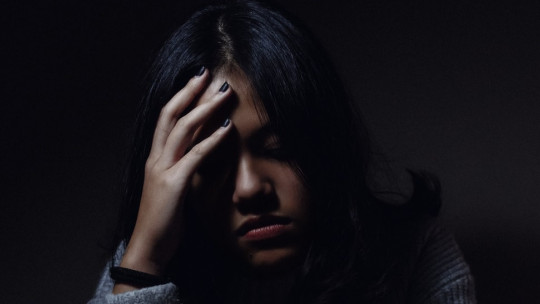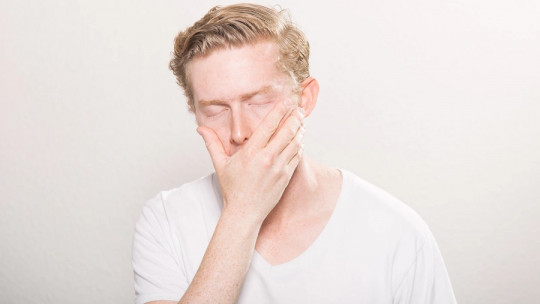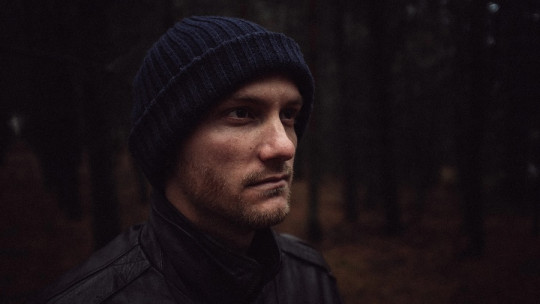
In Psychology, there are many theories that have been proposed to explain the origin and maintenance of depression: learning, cognitive, social theories…
Today We will learn about Susan Nolen-Hoeksema’s theory of response styles a cognitive-social model that refers to the subject’s ruminative style to explain the chronification of the depressive disorder.
There are people who overthink things, even going into a loop and doing absolutely nothing to remedy their problems. We are talking about a ruminative thinking style. But how is this style of thinking related to depression? We will see it below.
Response styles theory
The theory of response styles is a theory included within the cognitive-social models, which was raised by Susan Nolen-Hoeksema (1991, 2000), American psychologist and professor at Yale University.
When Nolen-Hoeksema began studies on the ruminative style, he realized that ruminative thinking and depression did not show significant differences between girls and boys during childhood.
However, from adolescence onwards, the presence of both elements was double in the case of women, remaining constant during the rest of their life cycle (Nolen-Hoeksema, 1991).
The author alluded to the factors that determine the course of depression. According to the theory of response styles, the way in which the subject responds to the first symptoms of depression influences its duration and severity.
That is, the theory does not explain the origin of depression, but rather its maintenance and exacerbation.
The ruminative style in depression
The ruminative style or rumination are repetitive ideas about one’s own sadness, its causes and possible consequences. It is a predictor of some psychopathologies and is linked to depression, as Nolen-Hoeksema suggests.
Furthermore, it can be considered a type of coping strategy in situations of stress and discomfort, although it is considered dysfunctional and maladaptive. leading to consequences as serious as suicide, in extreme cases
According to response style theory, once you have depression, focusing your attention on the symptoms and their implications, without doing anything to alleviate them (that is, manifesting a ruminative response style) will maintain or exacerbate depressive symptoms.
This style is the opposite of an active style based on distraction or problem solving, which in this case would be functional and adaptive.
Numerous experimental and field studies support S. Nolen-Hoeksema’s theory, and affirm that a ruminative response style in a subject increases the likelihood that a depressed mood will intensify even becoming a depressive disorder.
Mechanisms of the ruminative style
The theory of response styles raises a series of mechanisms that explain the negative effects of the ruminative style and they are the following:
1. Vicious circles
Vicious circles occur between depressed mood and negative cognitions associated with depression.
These two elements influence each other and feed each other, causing depression to become chronic and accentuated.
2. Decrease in the generation of effective solutions
The generation of solutions aimed at solving the basic problems is practically non-existent.
So, the subject does nothing or practically nothing to solve his situation simply “thinks about” what is happening to him, without reaching any conclusion or putting into practice any solution.
3. Interference with instrumental behaviors
The ruminative style negatively interferes with the application of instrumental behaviors that would provide reinforcement and a feeling of control to the subject.
That is, rumination will make it difficult to generate and put into practice such behaviors; In this way, the subject will enter a state of helplessness and hopelessness which will lead you to “do nothing”.
4. Weakening of social support
Social support is reduced or disappears, due to the patient’s behavior, which provokes criticism and rejection among family and friends
Origin of the ruminative style
The ruminative style proposed by the theory of response styles originates from learning in childhood, through modeling and certain socialization practices that do not provide a repertoire of more adaptive behaviors.
Results in experimental studies
Ruminative responses (ruminative style) have been investigated in experimental studies, and the following effects of having a ruminative thinking style have been observed:
On the other hand, it has also been seen how rumination can be a predictor of anxious symptoms, as well as depressive symptoms, in individuals with or without pre-existing depression.








